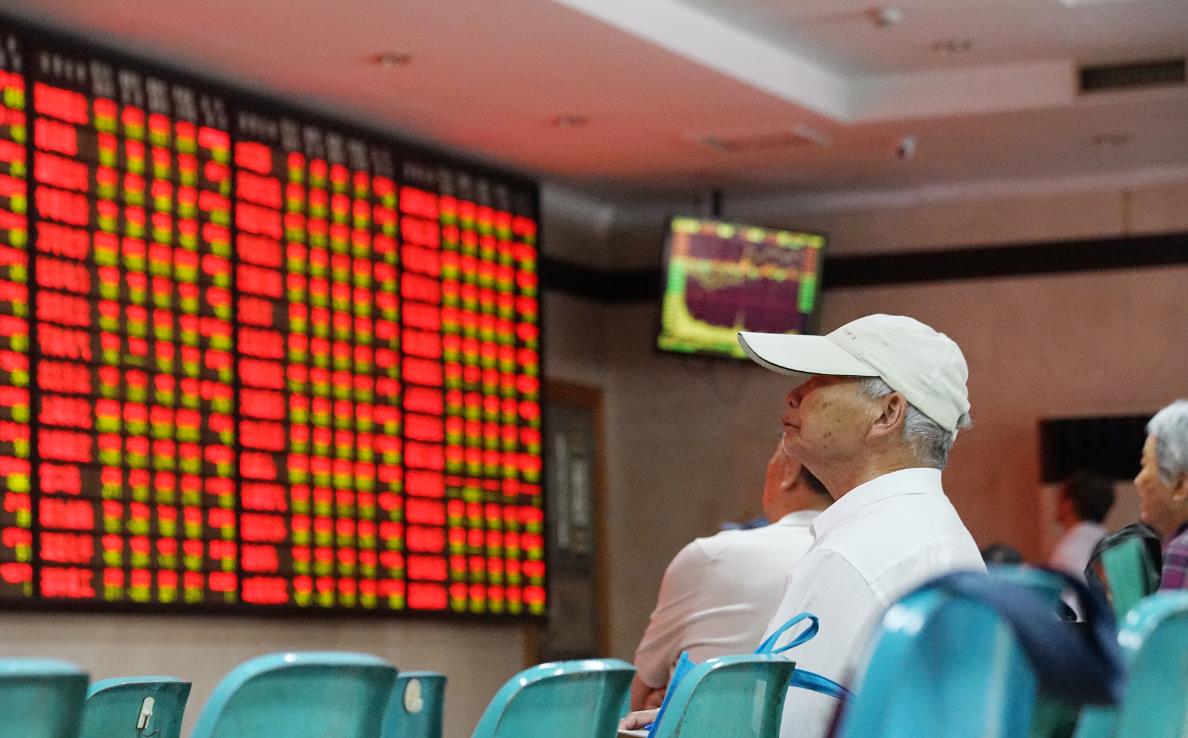CSRC chairman calls for closer China-US cooperation in securities regulation


China will continue to seek closer cooperation in securities regulation with the US side, and is confident in resolving relevant disagreements, according to the head of China's top securities watchdog.
The China Securities Regulatory Commission is willing to further the pilot mechanism of joint inspections over accounting issues of US-listed Chinese firms, as a feasible framework of regulatory cooperation, CSRC Chairman Yi Huiman said in an interview with business media news organization Caixin.
The commission has submitted relevant proposals several times to the US Public Company Accounting Oversight Board, the organization that oversees audits of US-listed companies, but has not received positive responses, Yi said.
"I always believe that there is no obstacle to cooperation under the current laws and regulations, and we can certainly find a path for cooperation. As long as the US side is willing to sit down and talk, disagreements will surely be resolved," Yi was quoted as saying.
Yi's remarks came as the concern that many US-listed Chinese companies will be delisted has been on the rise, after the Luckin Coffee accounting scandal and the US Senate passing the Holding Foreign Companies Accountable Act last month.
The proposed act, if it takes effect, will require foreign issuers to submit audits for inspection by the US board, and to certify that they are not owned or controlled by a foreign government. Companies failing to do so for three consecutive years will be delisted.
According to Yi, China has never banned audit firms from providing working papers of overseas-listed Chinese firms for foreign regulators, but such information should be exchanged confidentially via a regulatory cooperation channel as required by law.
The CSRC has provided audit working papers of 14 US-listed Chinese firms for the US side so far, Yi said.
Some professional topics in China-US securities regulatory cooperation have been politicized, he said, calling on the both sides to build mutual trust in professional regulation and deliver more confidence to the market.




































